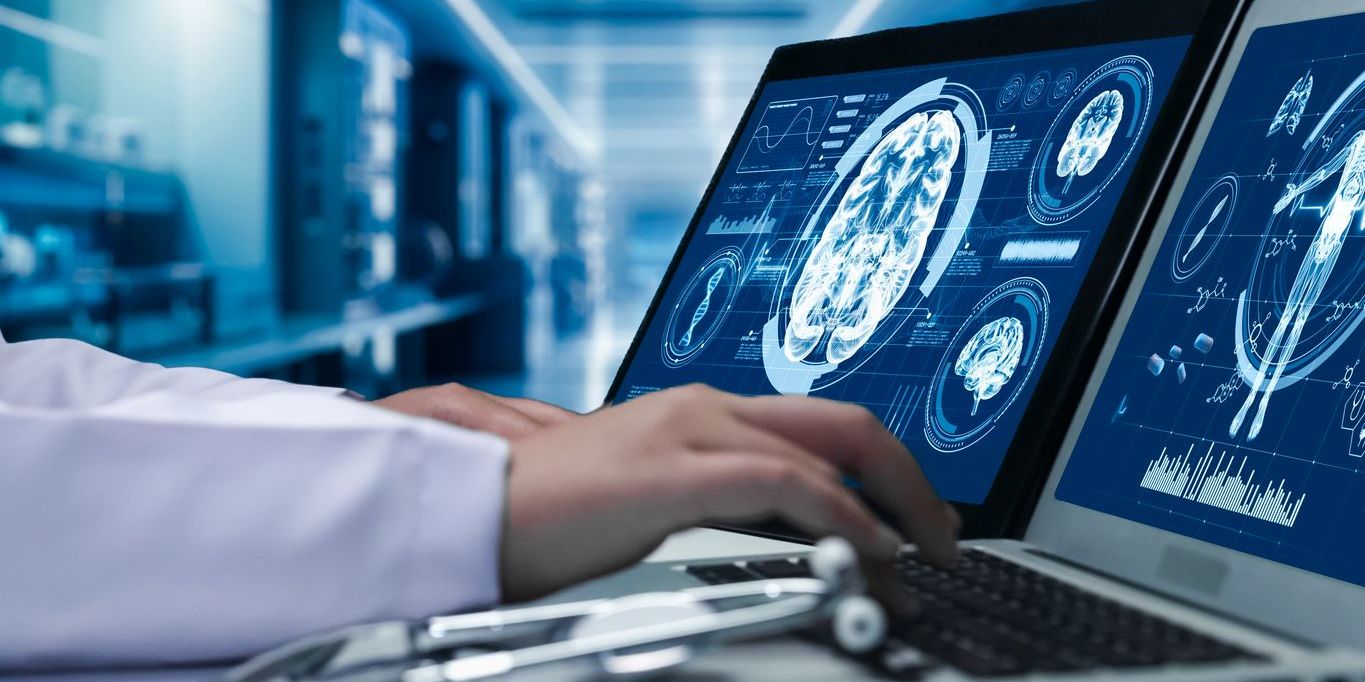What is a Psychobiologist?
A psychobiologist studies how biological processes in the brain and body affect behavior, emotions, and mental health. They explore the connections between our brain functions, hormones, and genetics and how these factors influence our thoughts, feelings, and actions.
Psychobiologists use a variety of scientific methods to understand how biological factors like brain structure, neurotransmitters, and genes contribute to mental health conditions such as anxiety, depression, or schizophrenia. Their work helps identify potential treatments or interventions for mental health problems by understanding the underlying biological causes.
What does a Psychobiologist do?

Duties and Responsibilities
The duties and responsibilities of a psychobiologist can vary depending on their work setting, but generally include:
- Conducting Research: Psychobiologists design and carry out experiments to study how biological processes in the brain and nervous system impact behavior, emotions, and mental health. This can involve using techniques like brain imaging, genetic analysis, or animal studies to explore these connections.
- Data Collection and Analysis: They collect data from experiments, surveys, or clinical trials and analyze the results to draw conclusions about the relationship between biological factors and mental health. This may involve statistical analysis and interpreting complex data sets.
- Publishing Findings: Psychobiologists write research papers or reports based on their studies and findings. These papers are often published in academic journals or presented at conferences, contributing to the scientific community’s understanding of the biological basis of behavior.
- Collaborating with Other Professionals: They often work with psychologists, neurologists, or medical researchers to discuss findings, interpret results, or develop new studies. Collaboration helps translate research into practical applications, such as improving mental health treatments.
- Monitoring and Improving Research Methods: Psychobiologists ensure the reliability and accuracy of research methods, updating their approaches and techniques to maintain high standards in data collection and analysis.
Types of Psychobiologists
There are several types of psychobiologists based on their specific focus or the area of research they specialize in. Some common types include:
- Neuropsychobiologists: These professionals focus specifically on the relationship between the brain's structure and function and how these factors influence behavior and cognitive processes. They may study brain injuries, neurological disorders, or how neurotransmitters affect emotions and cognition.
- Behavioral Psychobiologists: These psychobiologists study how biological factors such as genetics, hormones, or brain chemistry influence behavior. They often focus on areas like addiction, anxiety, or depression and how these behaviors are affected by biological processes.
- Cognitive Psychobiologists: They investigate how biological factors influence cognitive functions like memory, decision-making, and problem-solving. They may research how the brain processes information and how cognitive impairments are linked to biological issues like brain damage or genetic disorders.
- Developmental Psychobiologists: These psychobiologists study how the brain and behavior develop over time, from infancy through adulthood. They explore how genetics, brain structure, and environmental factors influence developmental stages and cognitive abilities.
- Clinical Psychobiologists: These professionals apply their understanding of psychobiology to clinical settings, often working alongside mental health professionals to help diagnose and treat mental health disorders based on biological research. They may specialize in areas like mood disorders or neurodegenerative diseases.
Psychobiologists have distinct personalities. Think you might match up? Take the free career test to find out if psychobiologist is one of your top career matches. Take the free test now Learn more about the career test
What is the workplace of a Psychobiologist like?
The workplace of a psychobiologist can vary depending on their specific role and where they work, but it typically involves a mix of research labs, academic settings, and healthcare environments. Here’s what it can be like:
In a research lab, psychobiologists often work in controlled environments where they conduct experiments, run tests, and analyze biological samples. These labs may be in universities, government research institutions, or private companies. They might use advanced tools like brain imaging equipment or genetic testing machines to explore the connections between biology and behavior.
In an academic setting, psychobiologists may teach, conduct research, and collaborate with other scientists. They could work in universities or colleges, engaging in both teaching students and publishing research in scientific journals. Their work often requires them to stay up-to-date with the latest studies and findings in both psychology and biology.
If working in a healthcare setting, psychobiologists may collaborate with medical professionals, such as psychologists or neurologists, to apply their research to practical clinical treatments. They may work in hospitals, mental health centers, or rehabilitation clinics, helping to design treatments or conduct studies related to mental health or neurological disorders.
In all these environments, psychobiologists typically work with other professionals and often spend time writing reports or papers to share their findings with the broader scientific community.
Frequently Asked Questions
Psychology-Related Careers and Degrees
Careers
- Behavioral Therapist
- Child and Adolescent Counselor
- Child Psychologist
- Clinical Psychologist
- Clinical Psychopharmacologist
- Counseling Psychologist
- Drug and Alcohol Counselor
- Forensic Psychologist
- Geriatric Counselor
- Health Psychologist
- Industrial Organizational Psychologist
- Marriage and Family Therapist
- Mental Health Counselor
- Neuropsychologist
- Psychoanalyst
- Psychobiologist
- Psychologist
- Rehabilitation Counselor
- School Counselor
- School Psychologist
Degrees
- Child Psychology
- Clinical Psychology
- Counseling Psychology
- Forensic Psychology
- Gerontology
- Health Psychology
- Industrial and Organizational Psychology
- Psychobiology
- Psychology
- School Psychology
- Social Psychology